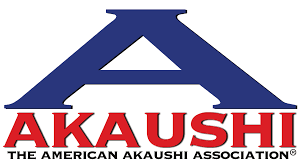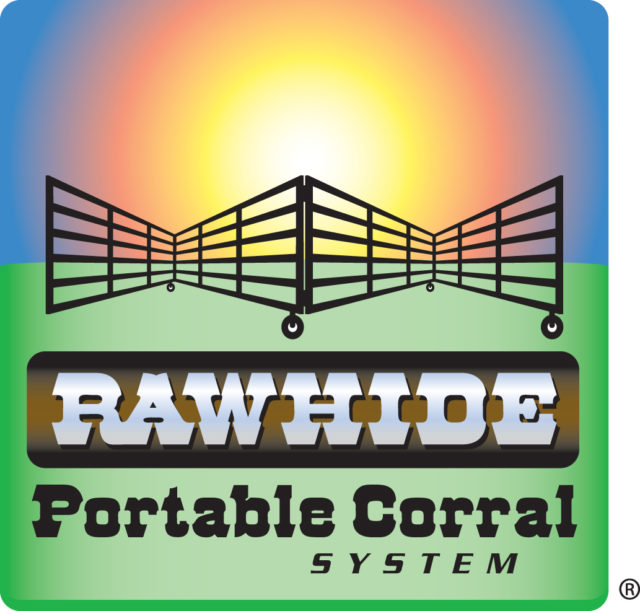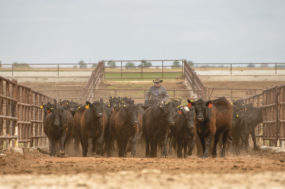The economic benefit of at least 30 pounds more calf at weaning through seasonal control of worm infections can be achieved at a cost of about $7.85 per cow-calf pair for a July deworming. Using a conservative weaned calf value of $1.70 per pound, this increased gain provides a $5 to $1 return – one of the best investments available to commercial cow-calf producers.
Worm larvae survive on pasture over winter; as a result, suckling calves become infected as soon as they begin to graze spring grass. By 3 to 4 months old, calves have acquired economic levels of worm infection that typically slow growth until calves are weaned and removed from pasture. These calves appear normal, but worm infections are reducing live-weight gain by as much as one-half pound per day.
July deworming of cows and calves is listed in the 2018 University of Kentucky Beef IRM Calendar as a timely management practice for spring-calving herds. The reason July deworming is so timely is that treatment of calves and cows provides a twofold benefit: First, worm egg shedding is dramatically reduced for several months, thereby preventing contamination of the pasture with infective larvae and reducing future infections. Second, worm infections are removed, thereby boosting appetites and calf growth.
Seasonal worm control in cattle can be compared to controlling thistles – if we prevent thistles from going to seed, we prevent future thistle problems. For example, 50 calves, if not dewormed, can shed 3 million or more worm eggs daily onto pasture in July.
Deworming options have increased recently. Medicated free-choice minerals now provide a practical and increasingly popular means to deworm cow-calf herds without working the cattle. All of these products are designed to be consumed over a short three- to six-day period. Following consumption of the medicated mineral, producers resume their regular free-choice mineral program.
To ensure cows and calves all have access to medicated mineral, it is recommended that the medicated free-choice mineral be offered in 8- to 10-foot-long poly troughs. Larger herds should be provided several troughs. By 3 to 4 months old, beef calves routinely consume mineral because they are growing bone and tissue, and can successfully be dewormed along with the cows. Producers working their herds in July have a variety of individually administered dewormers available to them.
In summary, July deworming of late winter- or early spring-born calves and their cows is a practical management practice that provides cow-calf producers the opportunity to profitably produce heavier calves. ![]()
Gil Myers, Ph.D., is a livestock parasitologist who has researched and published about the control and economics of cattle parasites. Myers is an independent consultant who shares the insights he has learned from both scientific and practical cow-calf management experience.
PHOTO: A deworming program administered to spring-calving herds helps reduce larvae shedding on pastures. Photo courtesy of Merck.







